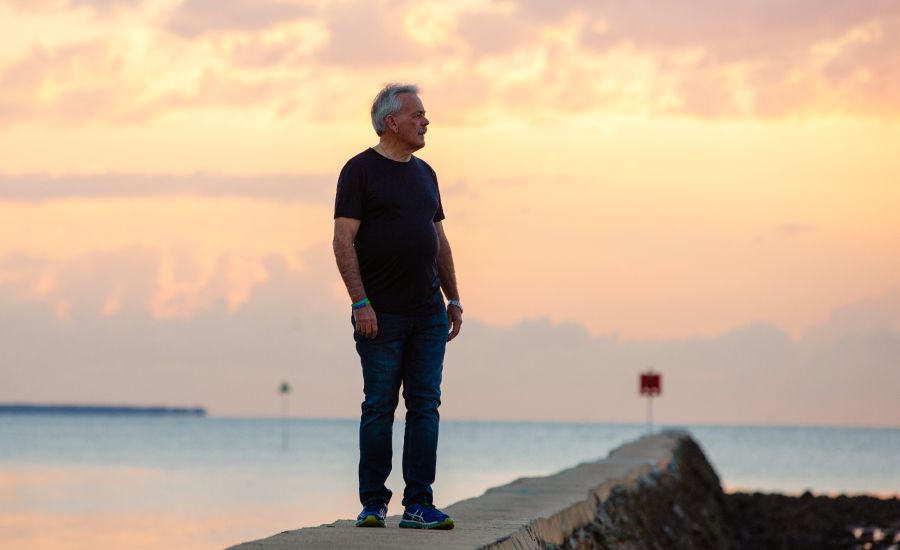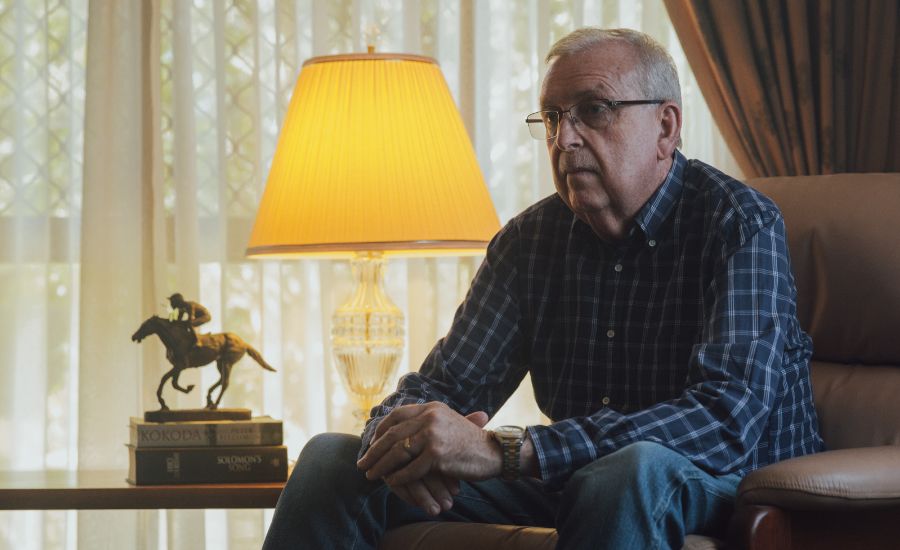Because of you...
Precious memories could soon be restored
An incredible discovery made at UQ’s Queensland Brain Institute (QBI) was shared in 2017. It has the potential to change the lives of 472,000 Australians with dementia, and the 1.6 million loved ones who provide their care.
There is currently no cure for dementia; no treatment to slow its progression; and our understanding of what causes the disease is incomplete. However, world-first research at QBI, led by Professor Jürgen Götz, made the exciting discovery in 2015 that ultrasound can reverse dementia and restore memory in mice.
Ever since, spurred on by the generosity of donors like you, the QBI team has worked fervently to create an ultrasound device that will take this discovery from the lab to medical clinics worldwide.
To move from the initial discovery of a medical device to an approved clinical therapy can take, on average, up to 15 years. However, because of you, this research, now in its sixth year, is taking us a step closer to stopping dementia in its tracks.
The team is working towards assessing the safety of the device in a clinical environment, to ensure it is safe for the human brain, as well as portable, affordable, and accessible to regional communities. We thank you, our generous donors, for your support and accelerating this progress.

Because of you...
Spider venom can be used for good
More than 50,000 Australians have a stroke each year – making it Australia's third biggest killer. A stroke can rob survivors of the ability to speak, eat, see, hear, move, and recognise faces and things. It can also affect their personality and memory.
The first few hours are critical for stroke survival and recovery prospects, and in 2017 we shared the astonishing discovery made by Professor Glenn King (pictured) and researchers at IMB: a peptide found in Australian spider venom could provide protection from stroke-induced injury, even when administered eight hours after the onset of a stroke.
The peptide - known as Hi1a - is found in Fraser Island funnel-web spider venom, and in addition to providing stroke-injury protection, it also protects the heart from the damage caused by a heart attack and has the ability to protect donor hearts, making more of them available for heart transplants.
Thanks to the support of generous donors like you, researchers have progressed the Hi1a peptide to preclinical trials, aiming to use it in heart transplantation and for stroke and heart attack treatment.
Because of you, there is now more hope for stroke survivors and those awaiting life-saving heart transplants.

Return to the 2020 Donor Impact Report.



